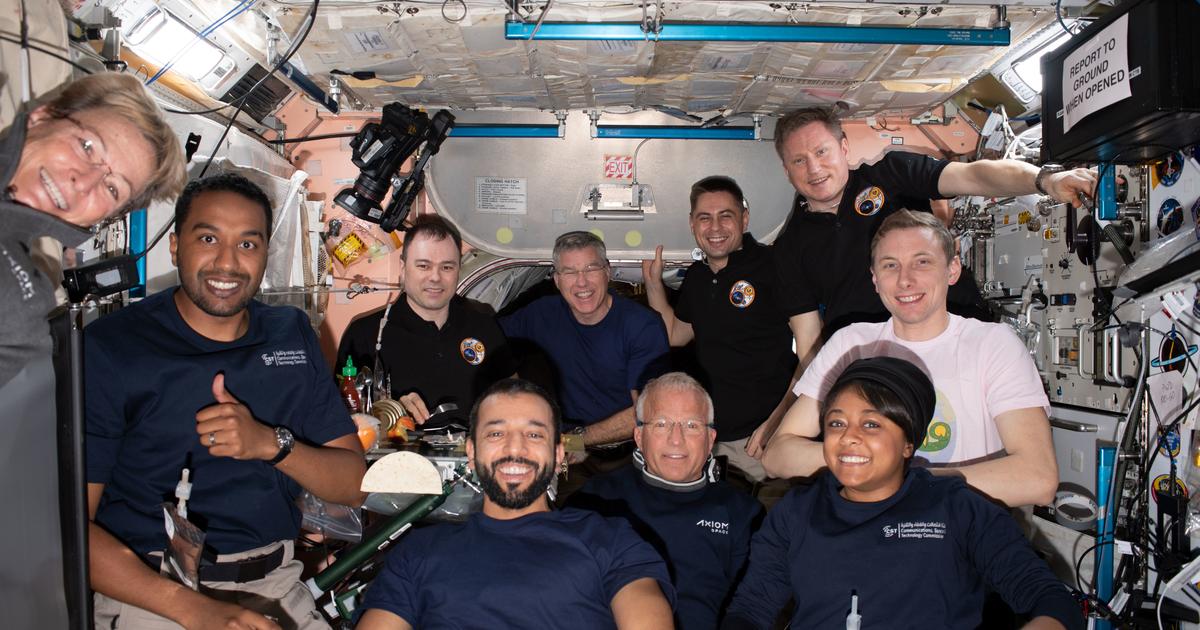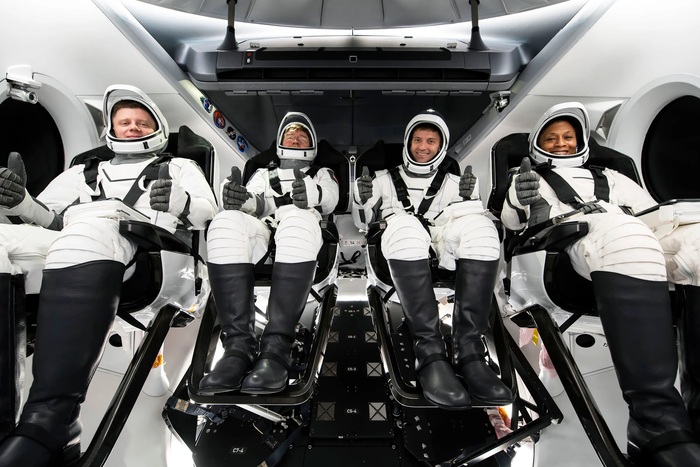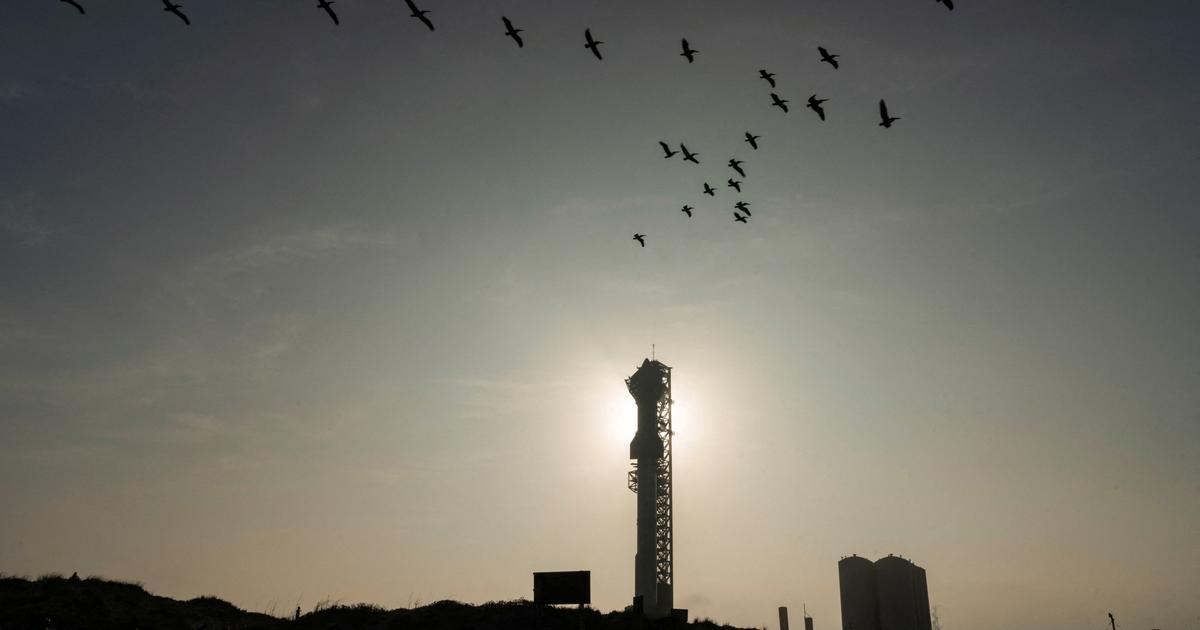A record is always anecdotal. In this case, it was the simultaneous crew change aboard China's New Space Station (CSS) and the presence of a private sightseeing crew aboard the International Space Station (ISS) that briefly increased the number of astronauts in orbit around the Earth from ten to seventeen, beating the previous record set in 2021 by three. This quite relative "traffic jam" did not last long: just between the time when the Chinese mission Shenzhou 16 was placed in orbit (on the night of Monday to Tuesday) to go to the CSS and that when the private crew Axiom2 descended to Earth in a Dragon capsule of SpaceX (on the night of Tuesday to Wednesday), after 10 days on board the ISS.
During this time, there were six taikonauts aboard the CSS, including the first civilians in Chinese space history, and 11 people of four different nationalities aboard the ISS (three Russians, three Americans and one Emirati, composing Scientific Expedition 69; and three Saudi tourists accompanied by a professional American astronaut Peggy Whitson).
Beyond the number, what does this record teach us? It reflects at least two underlying trends: China's increasingly important and stable presence over time in human spaceflight and the rise of private space tourism. It is noted that with six astronauts, China is the most represented nation in orbit. And this is not the first time: six months ago, during the previous rotation, two Shenzhou ships, the 14th and 15th, were already docked together at the Chinese station. This time it is the 15 and 16 ships, proof that China is now establishing itself permanently in space, in the same way as the Americans, the Russians and, to a lesser extent, Europe, Canada and Japan. The ISS has been permanently inhabited since the year 2000, by three, then six and now seven astronauts at least.
The Chinese crews of Shenzhou 15 and 16 spacecraft aboard the Chinese space station. Xinhua
Space tourism is also gradually becoming an integral part of the landscape. During the previous record, set in September 2021, it was already the presence in orbit of a private crew of four people (who then simply performed a series of orbits aboard their SpaceX Crew Dragon capsules) that had swelled the ranks of professionals (three taikonauts aboard their own station and an international crew of seven astronauts aboard the ISS).
More recently, last week actually, another record, just as symbolic, had just been broken because of the private sector. With the six passengers of the flight of SpaceShipTwo Unity 25, Virgin Galactic's rocket plane, there were 21 people at the same time beyond the 100 km altitude, arbitrary and symbolic border between Earth and space, on May 25. For five minutes precisely. The previous record was again in 2021, when the New Shepard capsule of Blue Origin, still space tourism, took off, briefly bringing to 19 the number of humans in space (six tourists, ten astronauts aboard the ISS which was just at the time of a crew change and three taikonauts).


/cloudfront-eu-central-1.images.arcpublishing.com/prisa/ZLW56GYGEBEJLPNDSNPUK2NJZE.jpg)






